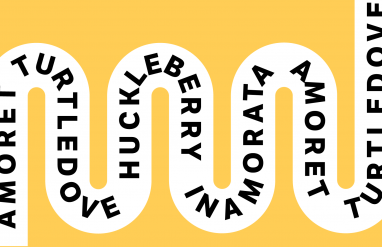⚡ Quick summary
Both author and writer refer to a person who writes. In general, the word author is used to refer to a person who writes professionally, especially someone who writes published books. The word writer is typically used more generally to refer to someone who writes anything, including works besides books.
The words author and writer are both used to refer to people who write. Do these two words actually mean different things, or are they both a right word to write about writing?
In this article, we examine the words author and writer, explain the different ways they are typically used, and provide examples that show how we use them in sentences.
The words author and writer both refer to a person who writes, but they are often used to imply particular meanings.
Typically the word author is used to refer to a person who writes things professionally, especially published books. The title of author is often used to refer to someone who writes fiction, nonfiction, or other published works, such as scientific papers.
For example:
- She is a best-selling author who has won two Pulitzer Prizes.
The word writer is used more generally and is often used to refer to a person who writes anything, including works that aren’t published or even read by an audience. An author is usually considered to be a specific type of writer.
For example:
- The sketch comedy show has many talented writers.
Using this distinction, a person can be a writer and not an author or both a writer and an author.
It’s also possible to use the words writer and author interchangeably when referring to someone who has written published works, although the word author is typically seen as being more professional.
For example:
- Roberto is a science fiction writer. (Roberto may write as a hobby or to earn money.)
- Roberto is a science fiction author. (Roberto has written published novels.)
In general, the word writer is preferred when referring to a person who does writing for something that isn’t a book, such as a songwriter or a video game writer, or who writes something that isn’t intended to be read by an audience, such as a television script or movie screenplay. Articles are typically said to have authors but not often when discussed casually. For example, it’s more likely that a person will ask who wrote an article rather than ask who the author of the article is.
Examples of author and writer in a sentence
Let’s look at several sentences that show how we typically use the words author and writer.
- Scholars are attempting to identify the author of the religious text.
- Tiffany was a sitcom writer before she became a standup comedian.
- The best-selling book was written by an unknown author under a pseudonym.
- Although the Bangles sang “Manic Monday,” the artist Prince is credited as the writer of the song.
- George R. R. Martin is the author of the Song of Ice and Fire series of fantasy novels and was a writer for the Game of Thrones television series based on his books.
Similar words
In addition to writer and author, many other words are used to refer to people who do specific types of writing. Some examples include:
- poet: a person who writes poetry
- journalist: a person who writes news or otherwise engages in journalism
- novelist: a person who writes novels
- essayist: a person who writes essays
- biographer: a person who writes biographies
- lyricist: a person who writes song lyrics
- copywriter: a person who writes copy, such as for advertising or press releases
- ghostwriter: a person who writes something while another person is credited as being the author
- blogger: a person who writes blogs
- columnist: a person who writes columns for magazines, newspapers, or other publications
- satirist: a person who writes satire
- critic: a person who writes reviews and criticism














